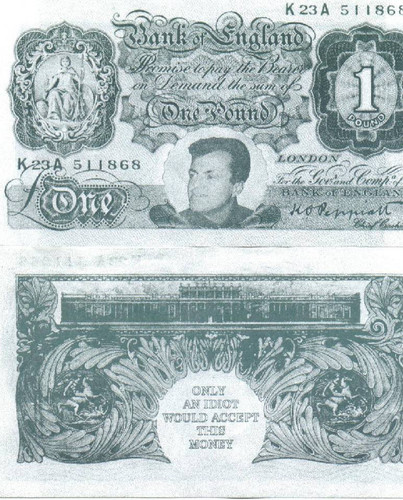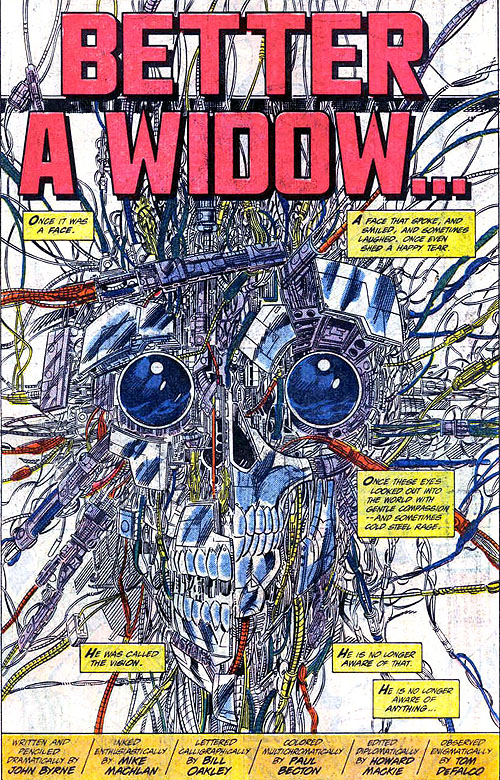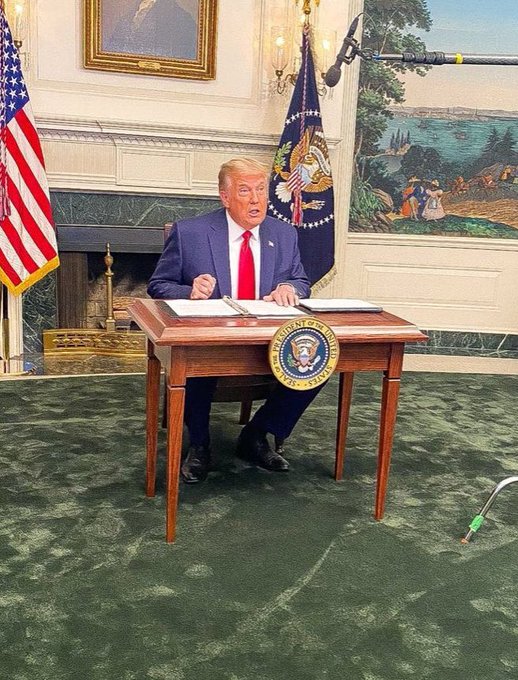Seeing your list of questions, it focused my thoughts on this. An interesting thing about our world is why items have value. Gold has been a standard for millennia, but why? Because it’s pretty? Because there’s a finite amount that can be difficult to find?
Whatever the reason, the underlying truth is that it has value because everyone believes it has value. That’s all. Belief. We’re having a new examination of this right now with Bitcoin and NFTs. There is nothing physical about them; but more and more people believe they have value, so they do have value.
If we have a world where hemp oils eliminated the petro-dollar, then how would the US prop up its power?
Tweak things slightly and see the US winning World War 2 (much less credit to The Allies). Japan surrendered to us. As pointed out to 1955 Doc Brown in Back to the Future III, Japan was the leader in technology for some time (and still is in quality if not quantity). What if the US better retained its hold on Japan and cornered technology on the global stage? What if the dollar is pegged to technology? The birth of the techno-dollar.
On Hemp World, technology not only has astronomical value, but it’s a status symbol. When our Sliders land there with digital devices (like their phones and even the timer), the local population assumes they are millionaires; and the Sliders decide to use the opportunity to live the high life for a change. Of course, they experience the pit falls of that when it starts to become clear the Sliders don’t have anything more than what’s on them. The population starts out believing the Sliders have value, but that belief starts to fade.
I’m reluctant to do “lost timer” stories, but I do have this vision in my head of the timer components (and active digital countdown) mounted in a clear case on a big gold chain hanging around a famous rapper’s neck. The beam emitter? Pointed up at the rapper’s head because he nor anyone around him understand what that thing can do. The rapper is just using it as bling.
In any case, I think this type of story could be a good examination of why we place value on things. By extension, it would also look at the fallacy of placing value on people based on the things they hold.





